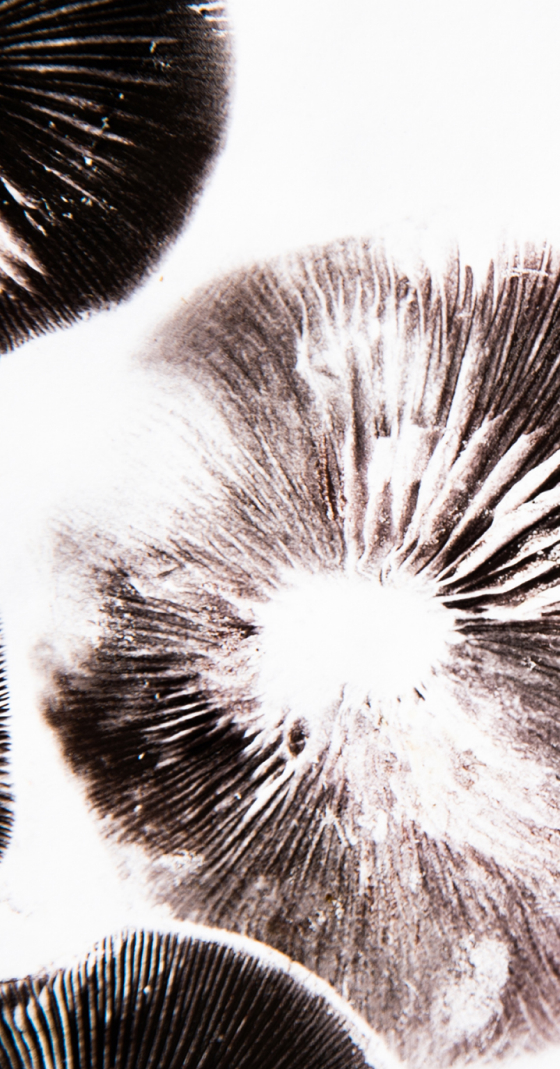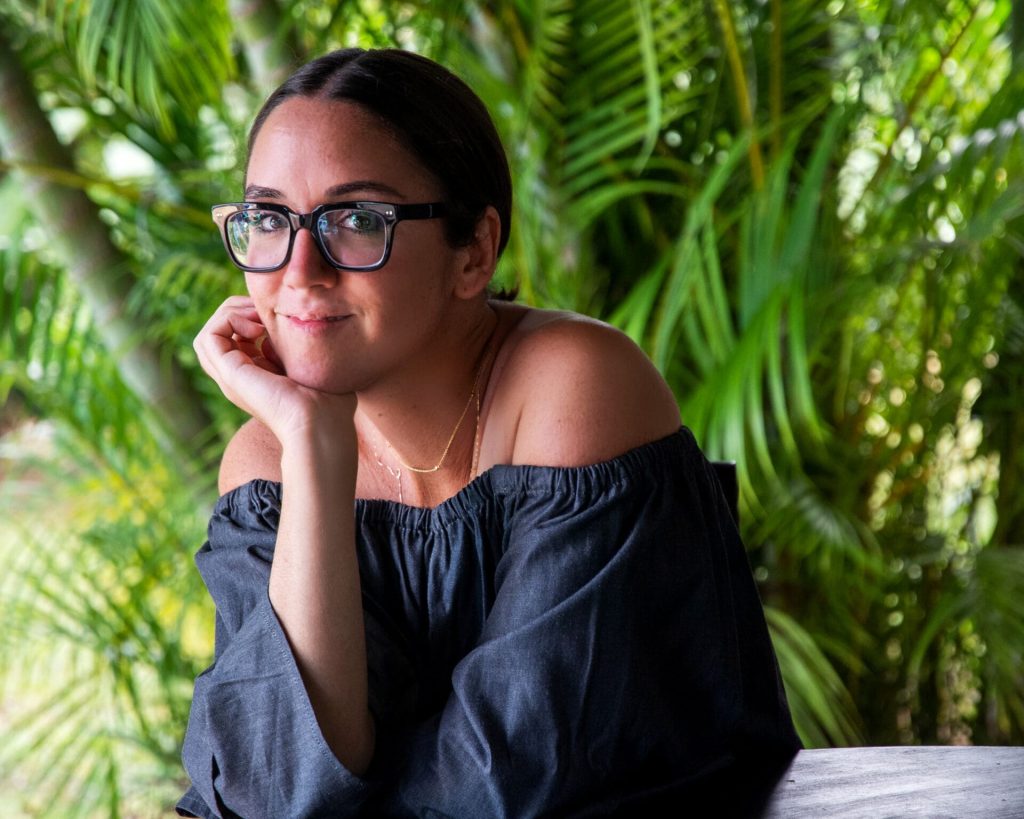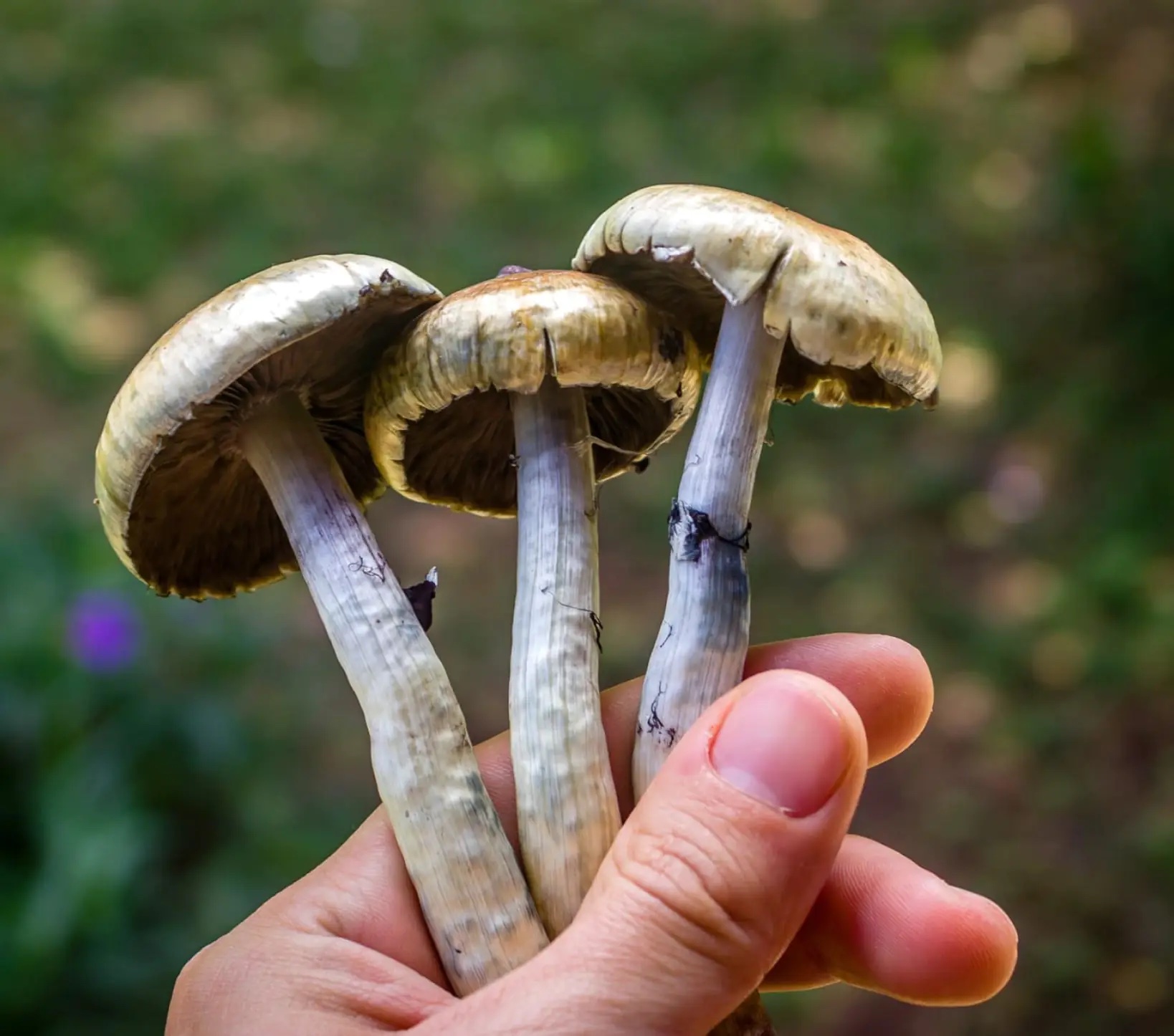
Therapy Retreats for Obsessive-Compulsive Disorder
By MycoMeditations Specialized therapy retreats for obsessive-compulsive disorder are emerging as a new treatment path for this highly misunderstood mental illness. Our society often portrays obsessive-compulsive disorder (OCD) as little more than a quirk, with sufferers from this serious condition often being the butt of jokes in popular culture. For people with OCD this condition can be a form of mental torture, leaving you feeling isolated, misunderstood, lonely, and ashamed in your daily life. How do we differentiate between routine behaviors and OCD? It’s not uncommon to have a specific morning or evening ritual, something you do every day. It’s also not unusual to want to have a tidy home or to prepare your clothes for work in a certain way. However, for a person with obsessive-compulsive disorder, rituals and routines can become obsessions, which can take many forms. Well-documented manifestations include doubts about safety, fear of germs, the need for symmetry and perfect order, or ruminations on disturbing sexual or violent thoughts or images. Compulsions aimed at easing these obsessions often involve repetitive behaviors, such as excessive cleaning, checking, counting, or mental acts, such as repeating phrases, prayers, and seeking reassurance. Ranked by the World Health Organization in the top 10 most disabling conditions by financial loss and decreased quality of life, OCD can consume a person's whole existence, causing significant distress and anxiety while interfering with daily activities and relationships. If you’re one of the estimated 2.5 million adults in the United States who experience OCD, you know it’s hard to break the pattern. With current approaches to treatment, such as the cognitive-behavioral therapy, Exposure Response Prevention (or simply exposure therapy) and the common class of drugs known as selective serotonin reuptake inhibitors (SSRIs), it is possible to manage the symptoms. However, these treatments rarely provide full relief and are unsuccessful for many. If you have tried traditional methods but found they didn’t do much to alleviate your symptoms, you might want to investigate an additional treatment option that can help you in days, not years. Therapy retreats for OCD offer a different approach to get to the bottom of your condition. There is evidence that suggests that trauma can underlie OCD, and OCD therapy retreats are designed to help people heal from this trauma, along with other co-occurring conditions and deeply rooted emotional issues. Retreats are designed to be much more intensive than traditional talk therapy sessions, and they offer a structured environment where you can address specific issues under the guidance of experienced therapists and medical staff. You have access to them every day during your stay, not just for an hour at a time, giving you the chance to engage fully, developing more effective coping mechanisms. The main goal of therapy retreats is not only to get to the root of mental health conditions and learn what drives your obsessions, but also to strengthen your connection with yourself to more effectively cope with challenges when you return home. Intensive and transformative, therapy retreats for OCD give you a chance to reset, learn, and build connections to support your mental health long after the retreat has ended. It is estimated that MycoMeditations is a leading provider of healing retreats for OCD, anxiety, and other mental health issues and co-occurring disorders. Rather than working on your mental wellbeing in an office or institutional environment, your sessions are held in tranquil locations, overseen by a knowledgeable team of therapists, facilitators, and medical and hospitality staff. By staying in a safe, therapeutic environment and immersing yourself in a peaceful natural setting away from the daily pressures and concerns from work or home, you will get the support needed to actively engage and benefit from the retreat program. Our research-based therapy retreats offer sessions that are held either alone or in groups. This model provides relief for OCD and other mental health issues that may co-occur with OCD, such as anxiety, depression, eating disorders, and substance use disorders. How do we do it? MycoMeditations’ retreats in Jamaica offer a unique combination of a therapeutic and holistic approach that utilizes the transformative benefits of psilocybin mushrooms to decrease stress and anxiety and improve OCD symptoms. A Message From a MycoMeditations Owner Prior to becoming a co-owner of MycoMeditations, Mike Ljubsa visited us specifically to address his treatment-resistant OCD. “It wasn’t until I started to use psilocybin therapeutically that I began to make significant improvements in how I managed OCD. Psilocybin allowed me to process the traumatic experiences of my childhood in a way that nothing else could. It has become obvious to me now that OCD was a result from my past, and it can actually be healed with medicines such as psilocybin when taken in higher doses with skilled facilitation. I'm now years-free of the obsessions and compulsions that used to run my life.” Mike says. Mike’s experience led him to dedicate his life’s work to assisting others to overcome these same challenges with these misunderstood substances that are set to open a new era for mental health treatment. “The amazing thing about psilocybin is that whether it’s OCD, depression, PTSD, or anxiety, it can help people tremendously. These conditions typically stem from trauma, and the amazing thing about psilocybin is that the medicine naturally draws out repressed emotions that are tied to the condition for processing. Healing occurs as an inevitable byproduct of feeling our feelings.” Research suggests there are several potential mechanisms to explain how psilocybin works to ease OCD symptoms. The chemical structure of psilocybin is similar to serotonin. It interacts with different serotonin receptors in the brain, changing their binding activity in the parts of the brain that seem to regulate certain brain regions of people with OCD, and as a result, reducing the symptoms. By regulating the Default Mode Network (DMN), a large group of neural structures within the brain responsible for self-referential thinking, psilocybin may help reduce obsessions. A 2020 study suggests that psilocybin has potential as a treatment for OCD when taken under the supervision of a clinician. Another clinical trial showed that psilocybin significantly decreased symptoms of OCD after 8 weeks. Researchers found that after 6 months, 20% of participants remained in remission, and 66.7% demonstrated symptom reduction of 25% or more. Researchers at Yale University are currently conducting a clinical study that aims to investigate the effect of psilocybin on OCD, changes in the severity of OCD symptoms, and the efficacy of the psilocybin treatment. What our guests say After one week at his MycoMeditations retreat, former guest Carlo said that he felt like his brain was “reset.” “Thirty-eight years of “standard” treatments for OCD/Depression with minimal results. One week at MycoMeditations and I accomplished more than I did in those thirty-eight years. OCD/depression is drastically diminished and has given me the opportunity to continue my self-discovery and healing,” Carlo said. Another guest reported that after attending a MycoMeditations retreat his obsessive behaviors have eased. “If I were to rank my level of obsessiveness, I would say that my current state is about 20% of that in which I entered the experience. It seems as though some mental space was injected into my thought processes giving me both patience and the ability to evaluate the behavior prior to engaging with it. I can see the weakened obsessive response spin up and not have to engage it immediately. This holds true for my desire to interrupt, bite my fingernails, run to the refrigerator for a snack, etc,” TJH said. After one week at his MycoMeditations retreat, former guest Carlo said that he felt like his brain was “reset.” To date, MycoMeditations has helped more than 2,000 guests by administering over 6,000 doses of psilocybin. We strive to create a supportive, understanding, and compassionate care environment where you can learn to manage the symptoms and regain control over your life without the limitations of OCD. Preparations start weeks before you arrive at the retreat with detailed application forms and screening processes to maintain high safety standards. We enroll a maximum of 12 guests per retreat to ensure our high team-to-guest ratio of at least 1:1.5, in order to best support our guests during their transformative experiences with group and individual therapy. Our therapy retreats for OCD utilize evidence-based therapies and individualized plans to integrate your psilocybin experiences and help you process your mental health issues and move forward with healthy life skills and coping mechanisms for long-term healing. Apply for a MycoMeditations retreat today to take the first step toward healing your OCD. Or watch this interview with MycoMeditations CEO Justin Townsend to learn more about therapeutic psilocybin retreats. At MycoMeditations, we understand that mental health challenges are multifaceted and require comprehensive, personalized care. Our therapeutic psilocybin retreats are tailored to address a wide range of conditions, allowing participants to explore deep emotional healing in a supportive environment. By addressing the root causes of suffering, we aim to empower our clients to lead healthier, more fulfilling lives. Contact us today if you would like to discuss a psilocybin retreat for OCD or any of the following mental health concerns:Therapy Retreats to Heal and Overcome Obsessive-Compulsive Disorder
Why a MycoMeditations OCD Retreat Might be Right for You
How A MycoMeditations Owner Overcame OCD with Psilocybin
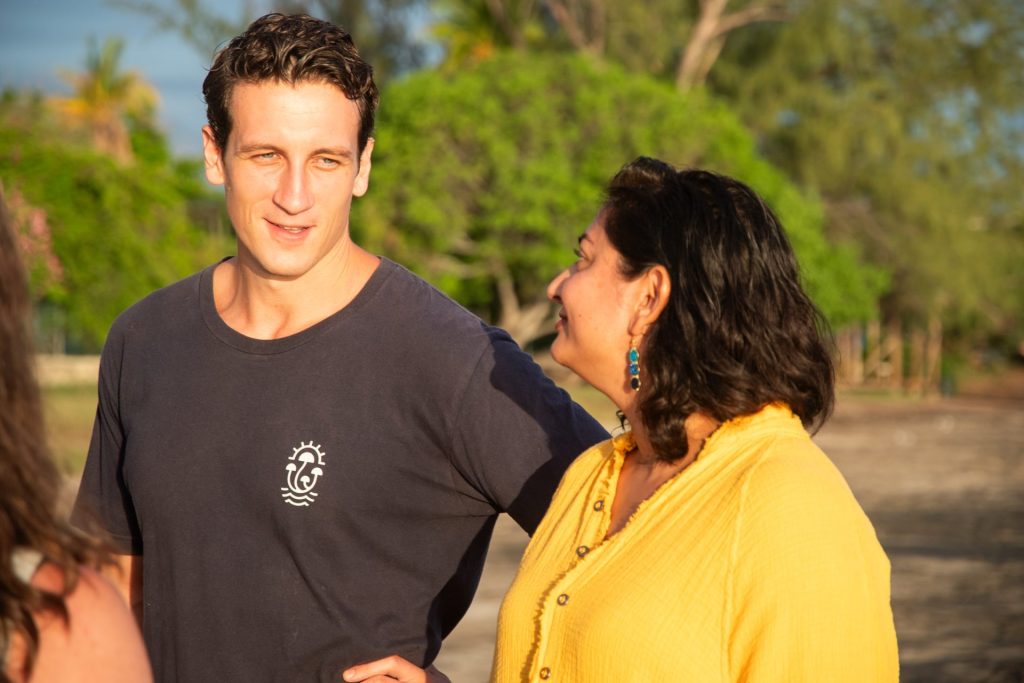
How Can Psilocybin Help with OCD Treatment?
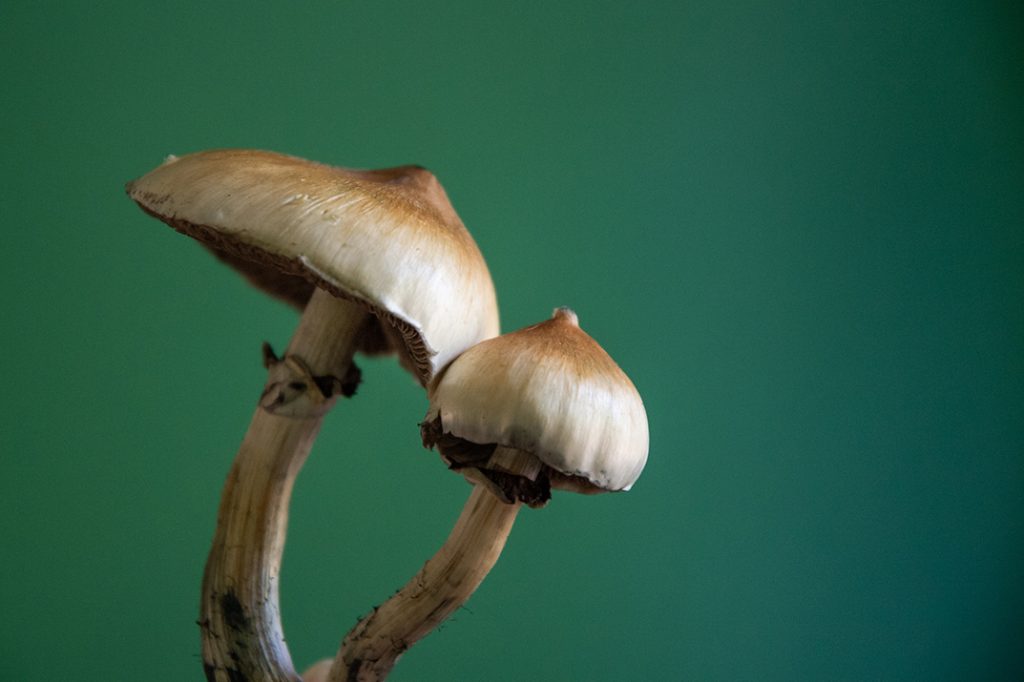
What Our Guests Say About the Retreat Experience

Addressing OCD: Here’s What to Expect During an 8-Day Therapy Retreat with MycoMeditations
Other Conditions We Treat

